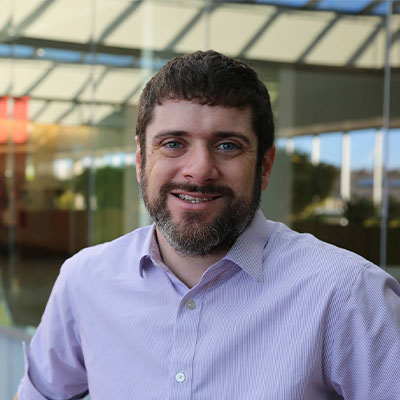The Bockelman Research Group does research within the framework of “translational computer science,” building collaborations with domain researchers and focus on bringing distributed computing ideas out of the laboratory and into the community. This research is anchored by the “Partnership to Advance Throughput Computing” (PATh), a $25M investment into Brian and Miron Livny’s vision of using DHTC to advance open science, and the new $7M Pelican Project, which aims to build a national infrastructure for connecting data repositories to compute.
In 2008, Bockelman began collaborating with the OSG Consortium and his team now operates the flagship “Open Science Pool” for compute and “Open Science Data Federation” for data. Through the technologies and services provided by the PATh project, the OSG Consortium and its partners deliver 2.5 billion computing hours per year for science, equivalent to over 280,000 CPU cores. His work with the OSG led to a close partnership with Livny and eventually brought him to Morgridge in 2019.
Bockelman and Livny run the Center for High Throughput Computing (CHTC) as a partnership anchored in the UW-Madison Computer Sciences department. CHTC provides campus researchers with open capacity, including HTC, HPC, and GPUs for AI/ML, and connects them to the national cyberinfrastructure. The CHTC team advances its research mission through providing research computing services and collaborations to Morgridge, the campus, and the world.



